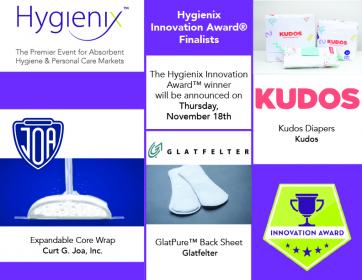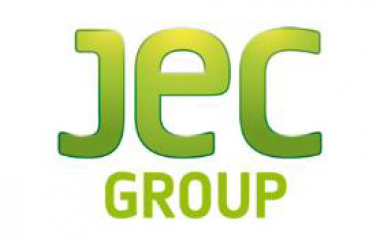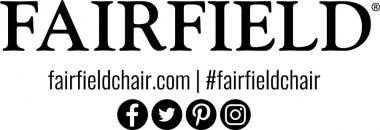NCTO Commends House Passage of Infrastructure Package
The National Council of Textile Organizations (NCTO), representing the full spectrum of U.S. textiles from fiber through finished products, issued a statement welcoming House passage of a bipartisan infrastructure bill that will provide billions of dollars in new spending to revitalize the nation’s roads, bridges and railways and help reconstitute a domestic supply chain for face masks, isolation gowns and other personal protective equipment (PPE).
“We commend the House for getting the bipartisan infrastructure bill across the finish line today, and we are pleased the legislation will now go to President Biden for his signature. This is the first step in a long-term strategy that is critically needed to permanently onshore PPE production to ensure our nation is prepared for the next health security crisis,” said NCTO President and CEO Kim Glas. “This infrastructure package will help incentivize the reshoring of PPE production by guaranteeing long-term federal contracts and expanding Berry Amendment rules to more federal agencies’ purchases of PPE products, important priorities of the U.S. textile industry.”
NCTO worked with congressional allies to include a version of the Make PPE in America Act, legislation co-sponsored by Senator Rob Portman (R-OH) and Senator Gary Peters (D-MI), in the infrastructure legislative package. The bill ensures all PPE purchased by the Departments of Homeland Security, Health and Human Services and Veterans Affairs are Berry Amendment-compliant (containing 100 percent domestic content); guarantees long-term contracts (a minimum of two years) to U.S. manufacturers; and creates a tiered preference for PPE made in the Western Hemisphere by our free trade partners using U.S. components, after domestic manufacturing capacity has been maximized.
NCTO National Council of Textile Organizations personal protective equipment U.S. textile industry
NCTO































